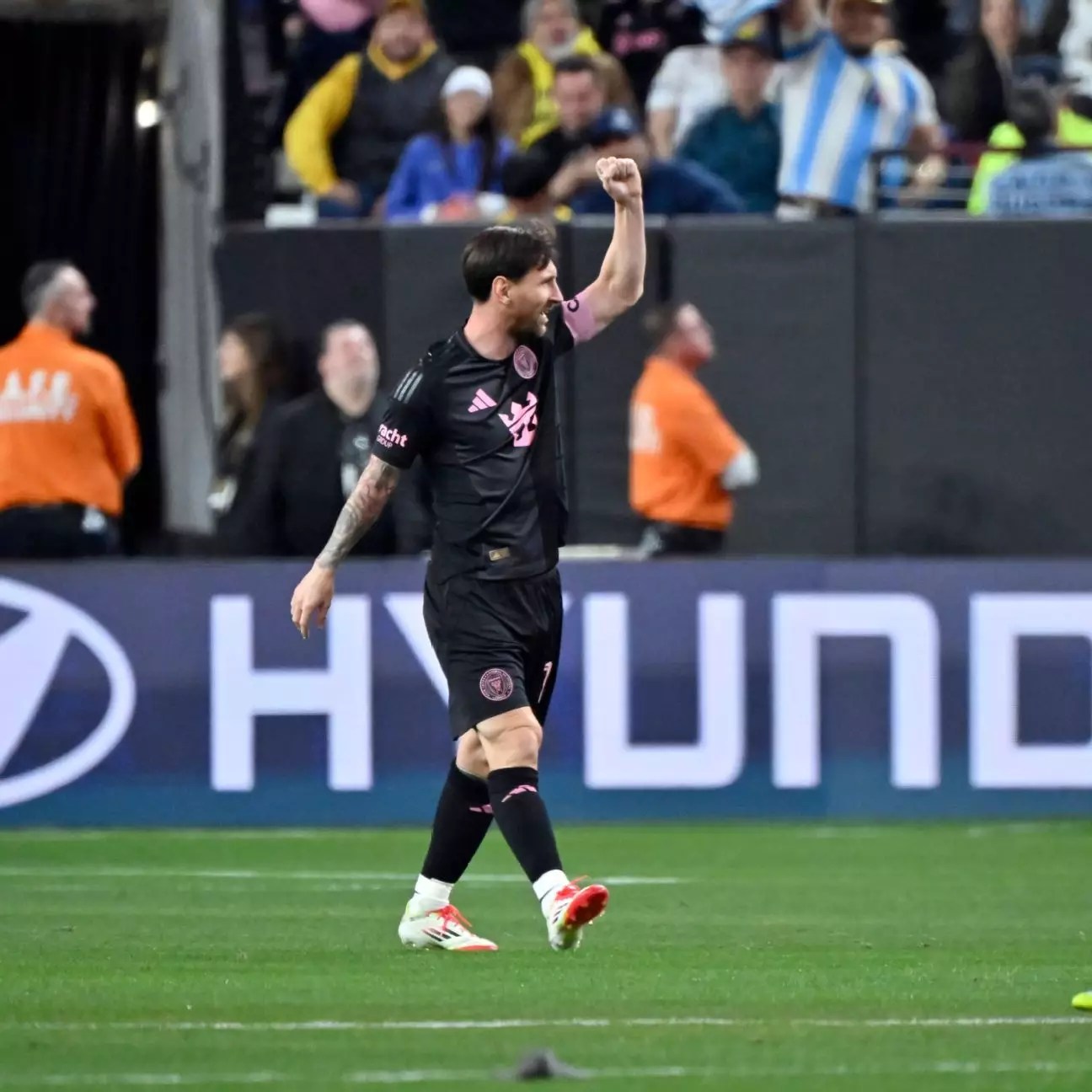Lionel Messi, the illustrious World Cup champion and Argentine football icon, has recently stirred the pot with his assertive comments regarding what he perceives as an exaggerated rivalry with Mexican fans. In a candid interview on the YouTube program Simplemente Fútbol, Messi critiqued the notion of a competitive animosity that the Mexican supporters have purportedly conjured against him and the Argentine national team. He firmly stated, “They put themselves in a position of having a rivalry with us that doesn’t really exist.” This assertion sheds light on the nature of sports rivalries and how they often manifest more from spectator sentiment than the players’ actual experiences on the field.
The Historical Context of Argentina and Mexico Matches
The footballing encounters between Argentina and Mexico have indeed become a staple of World Cup lore, symbolizing not just a contest of skill but also a clash of cultures. The most notable recent match occurred during the Qatar 2022 tournament, where Argentina triumphed with a decisive 2-0 victory. Yet, Messi’s comments suggest that despite the competitive history, the rivalry is more one-sided—fuelled by fan fervor rather than a mutual animosity among players. It brings to question how historical narratives are constructed in sports, often overshadowing the realities of athlete perspectives, as Messi acknowledges his historical admiration from Mexican fans.
Messi’s Reflections on Love and Loyalty
Despite this backdrop of tension, Messi articulated a sentiment of confusion regarding the recent surge in hostilities from what he has long considered friendly supporters. “I always felt very loved by the people of Mexico; I never disrespected anyone,” he remarked, underscoring a fundamental misunderstanding that has arisen in the narrative. This highlights a critical aspect of sportsmanship: the emotional connection between players and fans, which can easily be disrupted by misinterpretation and miscommunication. Messi’s reflections reveal not only his intent to foster goodwill but also the adverse effects of high-stakes competition on personal relationships within sports.
The Jersey Incident: Misinterpretations and Fallout
Another notable incident fueling this rivalry narrative was the contentious exchange involving Messi and Mexican footballer Andrés Guardado during the same World Cup. The uproar following Messi’s perceived disregard for Guardado’s jersey crystallized how cultural interpretations can escalate into full-blown controversies, especially in the realm of social media. Mexican boxing champion Saúl “Canelo” Álvarez took it upon himself to criticize Messi, revealing how easily emotions can cloud rationale. Though Canelo later recanted his statement, believing he misread the situation, the echo of his words persisted, demonstrating the fragile line athletes walk between sporting excellence and national representation.
A Celebration of Achievements Amidst Hostility
Compounding this atmosphere of discontent, Messi faced hostility during a friendly match earlier this year, where he encountered a wave of critique despite scoring and celebrating triumphantly in front of Club América fans. His celebration, lifting three fingers to honor Argentina’s World Cup titles, illustrated a profound disconnect—a player reveling in his achievement while simultaneously facing backlash. This incident encapsulates the complexities of athlete-fan relationships in contemporary football, where adoration can swiftly transform into hostility based on the ebbs and flows of performance and perception.
In essence, Messi’s statements evoke a deeper exploration of what it means to build a legacy in sport, especially in the face of rising tensions that often obscure the shared love for the game. His experience serves as a poignant reminder that while rivalries may thrive in the stands, the athletes themselves are bound by a universal passion that transcends borders and fanfare.


Leave a Reply